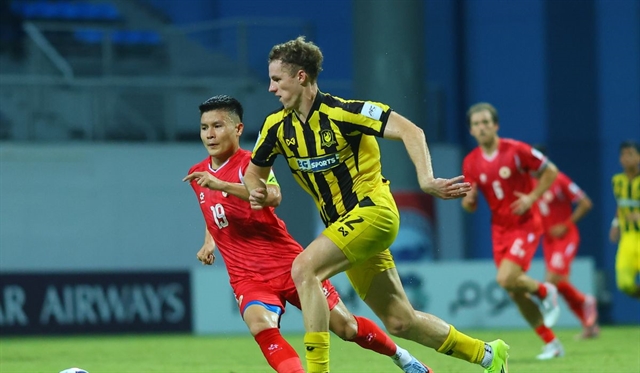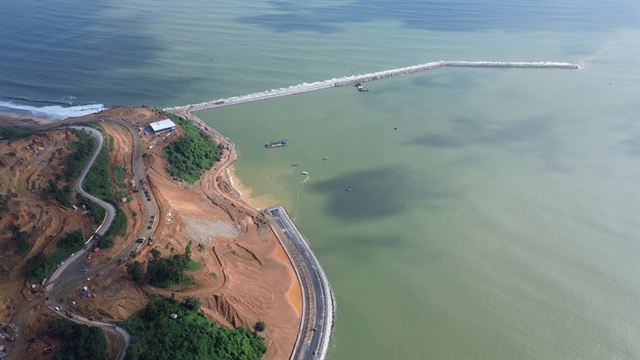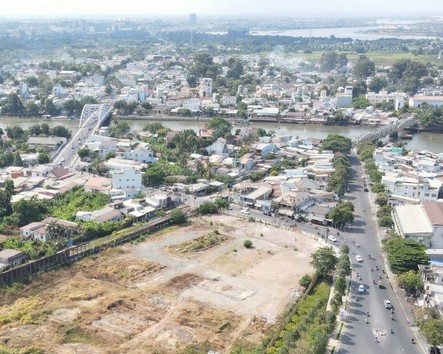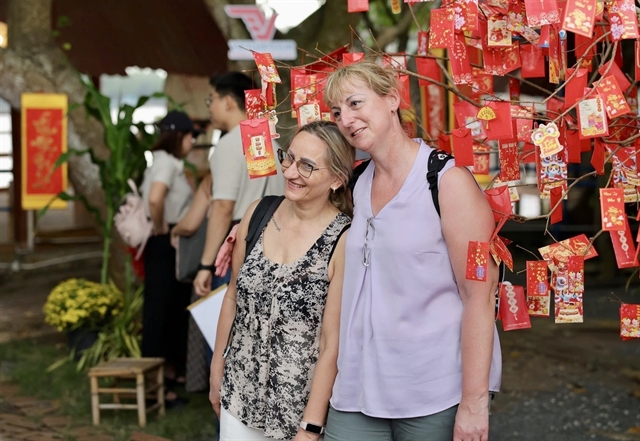 Society
Society

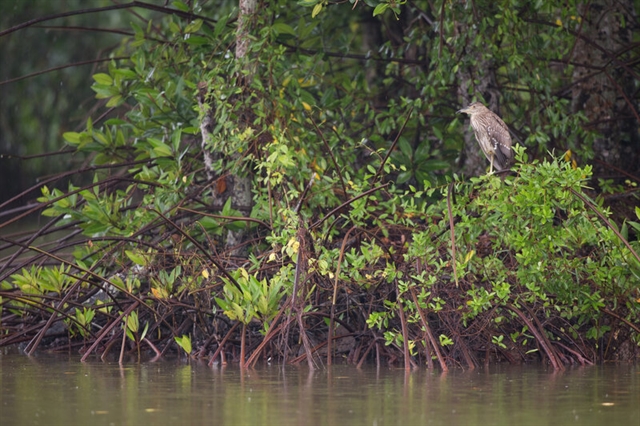
|
| Some 150 hectares of mangrove forest will be replanted in Mũi Cà Mau National Park in the southern province of Cà Mau by 2025 under a five-year forest restoration project. — Photo credit Lê Thanh Tùng / WWF-Greater Mekong |
HCM CITY — Some 150 hectares of mangrove forest will be replanted in Mũi Cà Mau National Park in the southern province of Cà Mau by 2025 under a five-year forest restoration project.
The project, with funding of VNĐ10 billion (US$431,000), was launched on Thursday by HSBC Việt Nam in partnership with the World Wildlife Fund (WWF) - Việt Nam.
According to the WWF, the 150ha mangrove forest will be regenerated by applying newly developed natural mangrove regeneration technology to ensure the highest possibility of tree growth.
When reaching maturity, the forest will be able to sequestrate at least 20,000 tonnes of carbon per year, reducing carbon dioxide (CO2) levels.
The mangrove trees will also form a buffer between the land, sea and rivers, helping maintain this patch of the Mekong Delta and shield it from natural disasters.
Additionally, the forest is expected to provide protection from flooding for more than 10,000 households and improve their fisheries spawning ground by up to 350-390 tonnes of seafood per year.
This project will also introduce best management practices for alternative livelihoods among communities living in the buffer zone of the national park.
Another component of the project will feature an education programme on forest protection and biodiversity conservation for about 3,000 households in the core zone of the national park, raising their awareness about conservation issues.
The project is expected to help address serious socio-environmental challenges, such as climate change, water security, water pollution, food security, human health and disaster risk management in the province and the Mekong Delta.
Within the scope of the project, HSBC alongside conservationist experts from the WWF- Việt Nam will develop a far-reaching and innovative programme aimed at nurturing the vulnerable ecology of Mũi Cà Mau National Park, the Mekong Delta and beyond.
The project is hoped to support Việt Nam’s commitments to the Paris Agreement, which targets to reduce 8 per cent emissions by 2030 or 25 per cent with international support, and assist the country’s pledge to increase forest cover to 45 per cent.
“We intend to actively contribute to Việt Nam’s efforts in tackling climate change, which is a critical issue facing the country,” said Tim Evans, CEO of HSBC Việt Nam.
By investing in the project, we will help build Việt Nam’s resilience against natural disasters and climate change so that families, communities and businesses can thrive in the future, he said.
Mũi Cà Mau National Park is a key area in the Cà Mau World Biosphere Reserve, one of Việt Nam’s RAMSAR sites (wetlands of world importance). Founded in 2003, and covering an area of 41,862ha, the park is home to a diverse ecosystem with more than 400 species, including more than 40 endangered species such as otters, fishing cats and reticulated pythons. — VNS

